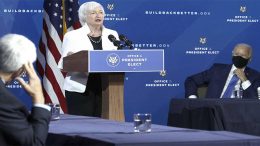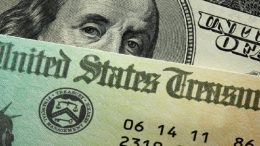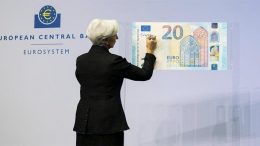“The Rapid Recuperation In World Trade Has Already Enabled Industry to Almost Completely Recover”
Lidia Conde (Francfort) | Christoph Schmidt, chairman of the Franco-German economic think tank for the past year – when he stepped down as chairman of the council of wise men advising the Berlin government – makes no secret of his concerns: “Both the European Green Deal and the Next Generation EU nourish the hope that Europe will emerge stronger from this crisis in the end. But between the EU’s ambitious plans and the final success, the final results, there is a long way to go. And on that road, member states will have to undertake the structural reforms that will increase their long-term growth potential and show their readiness to return to compliance with the stability and growth pact, with the debt rules”.










